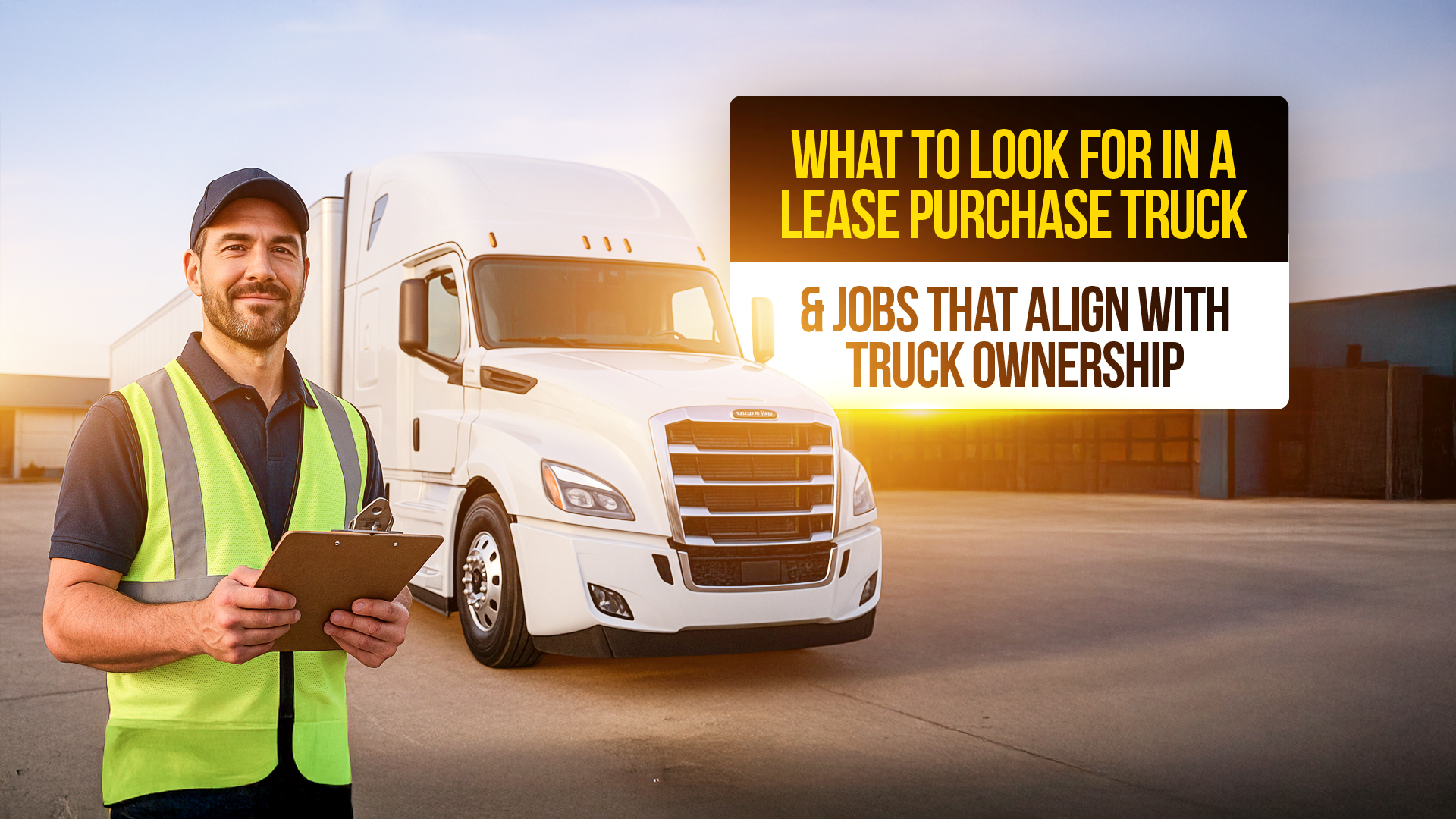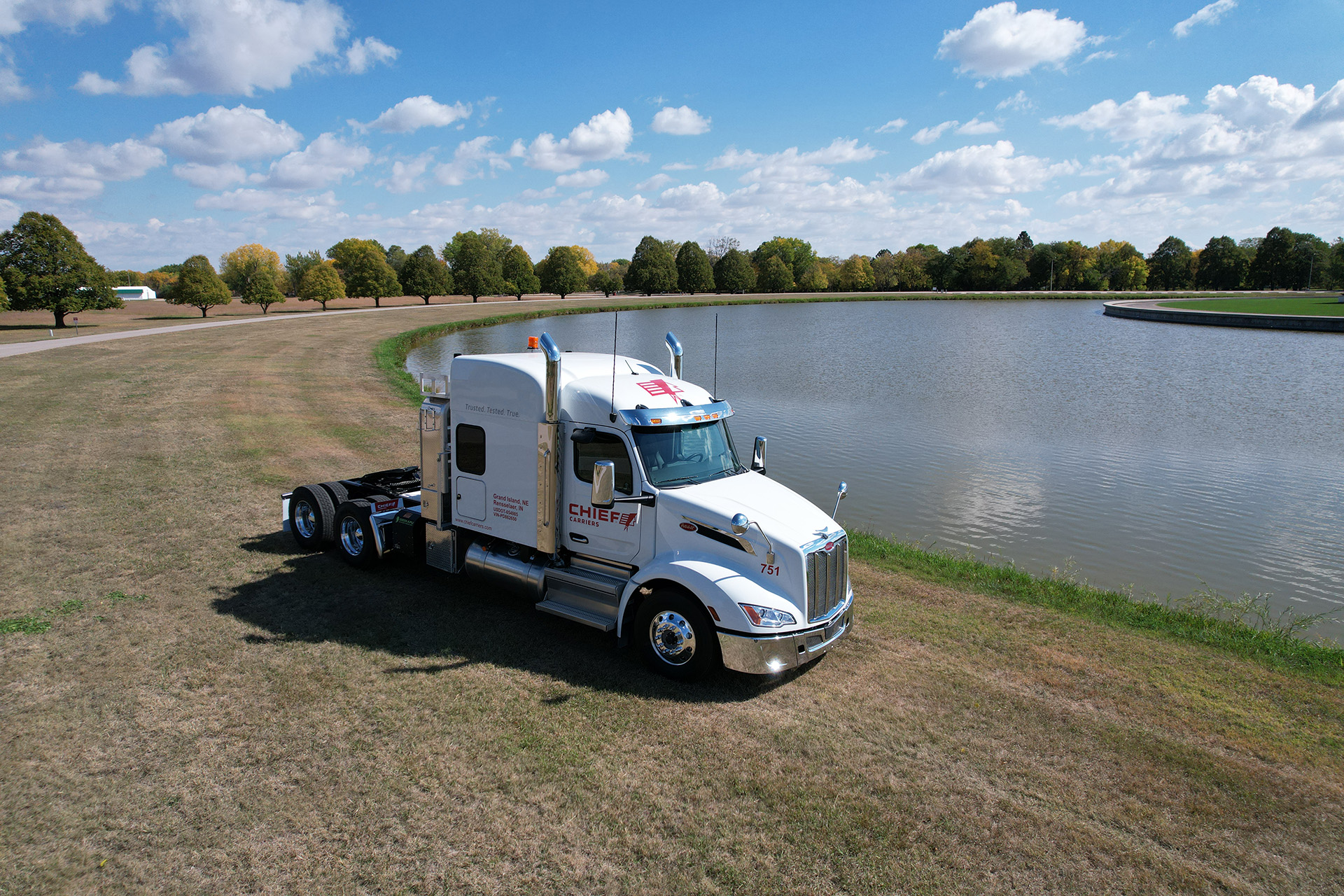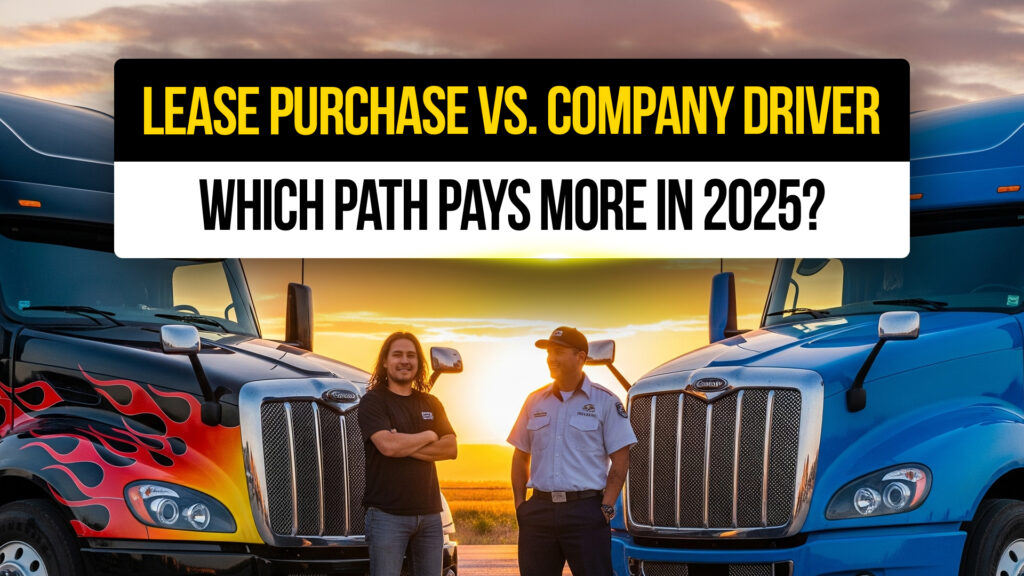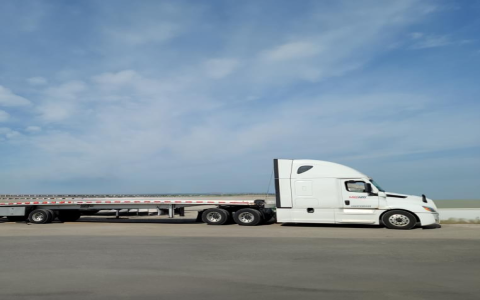Lease Purchase Truck Driving Jobs: Your Path to Ownership
Lease Purchase Truck Driving Jobs: Your Path to Ownership
If you’ve been driving trucks for a living, you’ve probably dreamed of being your own boss. The open road calls, but the reality of truck payments and overhead can be daunting. That’s where lease purchase truck driving jobs come into play. This unique model offers a practical bridge between being a company driver and owning your rig outright. It’s a path that requires grit and business savvy, but for the right driver, it can be the most direct route to true independence and ownership in the trucking industry. Let’s navigate the details of how these programs work and determine if this journey is the right fit for you.
What Exactly is a Lease Purchase Program?
At its core, a lease purchase agreement is a financing model. A trucking company allows a driver to lease one of their trucks with an option to buy it at the end of the lease term. You’re not just a driver; you’re an operator responsible for your business within the larger company’s framework. Each week, a portion of your revenue is automatically deducted to cover the truck lease payment, insurance, and other stipulated costs. The remainder is your profit. Over time, typically 2 to 5 years, these payments build equity, moving you closer to the goal of owning your own truck. It’s different from an Owner-Operator (O/O) model where you secure your own financing; here, the company provides the asset and the framework.

Lease Purchase vs. Company Driver: A Side-by-Side Look
Is moving from a company driver to a lease purchase worth the risk? This comparison table breaks down the key differences.
| Factor | Company Driver | Lease Purchase Driver |
| Income Potential | Fixed CPM or salary; predictable but capped. | Higher potential earnings based on revenue share; income can fluctuate. |
| Financial Risk | Low. No truck-related expenses. | High. Responsible for fuel, maintenance, and lease payments even with low freight. |
| Control & Independence | Low. Dispatches are assigned. | Higher. Often more say in loads and routes. |
| Asset Ownership | None. You drive the company’s truck. | Path to ownership. You build equity in the truck. |
| Costs & Deductions | Minimal personal costs. | Numerous deductions (lease, insurance, escrow) before you see your pay. |
The Real Benefits: Why Drivers Choose This Path
Despite the risks, the allure of a lease to own truck program is powerful for several concrete reasons. First and foremost is the potential for significantly higher income. As you’re paid a percentage of the load revenue, your hustle directly translates to your paycheck. Secondly, it offers a taste of entrepreneurship without the massive upfront capital usually required to buy a class 8 truck. You get to test the waters of running your own business with the support system of a larger carrier, which often includes access to their freight network, maintenance facilities, and administrative support. Finally, there’s the immense pride and long-term financial security that comes from building something for yourself. Every mile driven is an investment in your future.
Navigating the Pitfalls: What You Must Watch Out For
Not all that glitters is gold. Some truck driver lease purchase programs have earned a bad reputation, often dubbed “lease-purchase traps.” The key is to be an informed consumer. Scrutinize the contract for non-competition clauses that lock you in. Be crystal clear on all fee structures: what is the buyout price at the end? What are the weekly fixed costs? A major red flag is a company that pushes its lease program on every new driver, regardless of their experience or financial literacy. According to data from the American Transportation Research Institute (ATRI), operational costs like fuel and maintenance are the top concern for small trucking businesses, highlighting the financial burden you’ll be taking on (ATRI, 2022).
Expert Insight: Questions to Ask Before You Sign
John Davis, a transportation consultant with over 25 years of experience, advises drivers to approach these agreements with a business-owner mindset. “Don’t just ask about the miles,” says Davis. “Interrogate the financials. Ask for a sample settlement sheet from a current lease operator. Understand the deadhead policy, the fuel surcharge program, and the company’s maintenance reserve fund. A reputable carrier will be transparent with this data.” This level of due diligence is non-negotiable.
Is a Truck Lease Purchase Right for You? A Self-Check
This path isn’t for everyone. To succeed, you need more than just good driving skills. Ask yourself:
- Do I have a solid financial cushion (at least 3-6 months of living and business expenses)?
- Am I disciplined enough to manage variable income and save for tax payments?
- Do I understand basic business concepts like revenue, profit, and operating costs?
- Am I prepared for the stress of being responsible for breakdowns and repairs?
If you answered “yes” to these questions, a lease purchase truck driving job could be your launchpad to a successful career as an owner-operator.
Your First Steps on the Path to Ownership
Ready to explore further? Start by researching carriers with established, well-regarded lease programs. Look for companies with high safety ratings and positive reviews from current lease operators on independent forums. Network with other drivers who have gone through the process. Finally, and most importantly, consult with a qualified accountant who specializes in the trucking industry. They can help you understand the tax implications and create a solid business plan. The Federal Motor Carrier Safety Administration (FMCSA) website is an excellent resource for checking a carrier’s safety record and authority status (FMCSA, n.d.).

Frequently Asked Questions
Q: Can I really make more money in a lease purchase than as a company driver?
A: Yes, the potential is there, but it’s not guaranteed. Your income is tied directly to your ability to manage costs and secure profitable loads. A bad week in a lease purchase can mean very little take-home pay after expenses.
Q: What happens if I can’t make the lease payment?
A: This is a serious risk. If you default on the agreement, the company will repossess the truck, and you will lose all the equity you’ve built up. This can be financially devastating, which is why a financial safety net is crucial.
Q: Are there good lease purchase companies?
A: Absolutely. Reputable companies do exist. They are characterized by transparency in their contracts, fair buyout terms, and strong support for their lease operators. They want you to succeed because a successful operator is a long-term asset to their company.
Sources & Further Reading:

American Transportation Research Institute (ATRI). (2022). An Analysis of the Operational Costs of Trucking.
Federal Motor Carrier Safety Administration (FMCSA). (n.d.). Company Snapshot Search.









